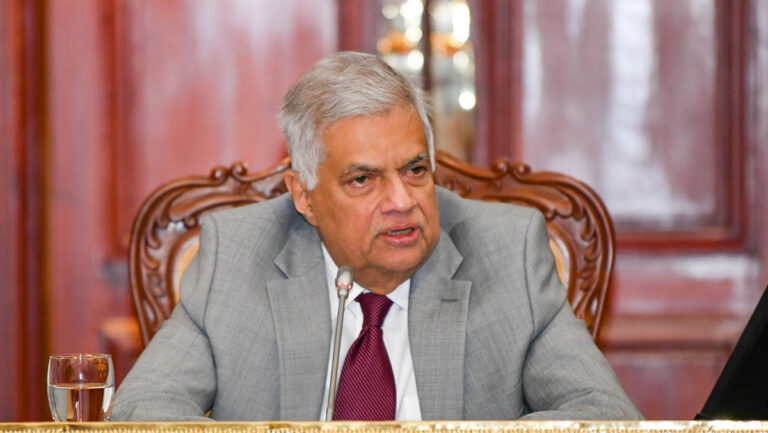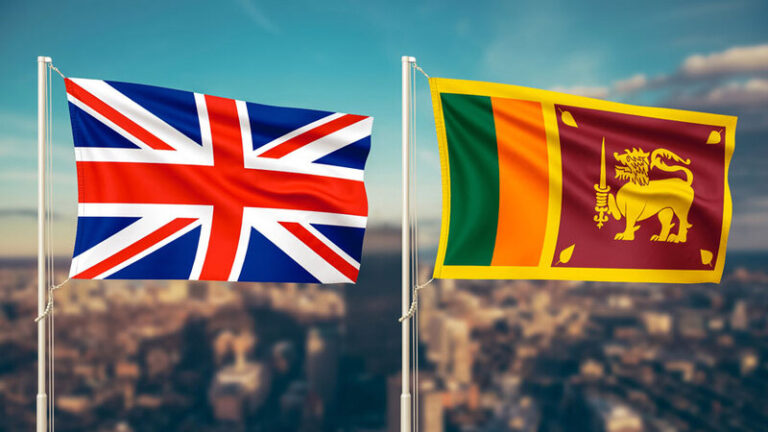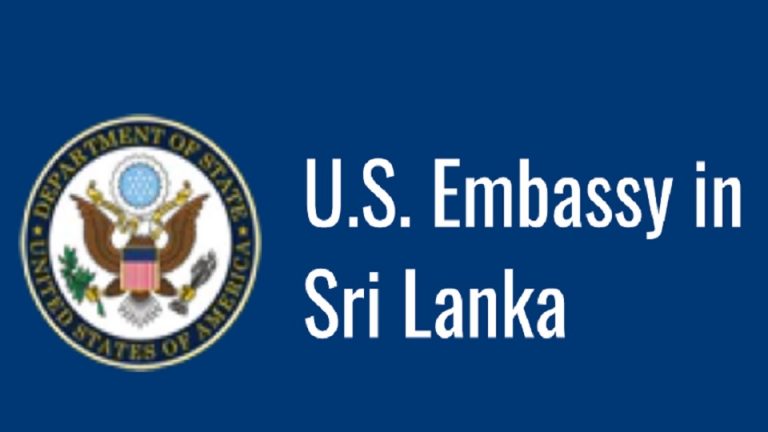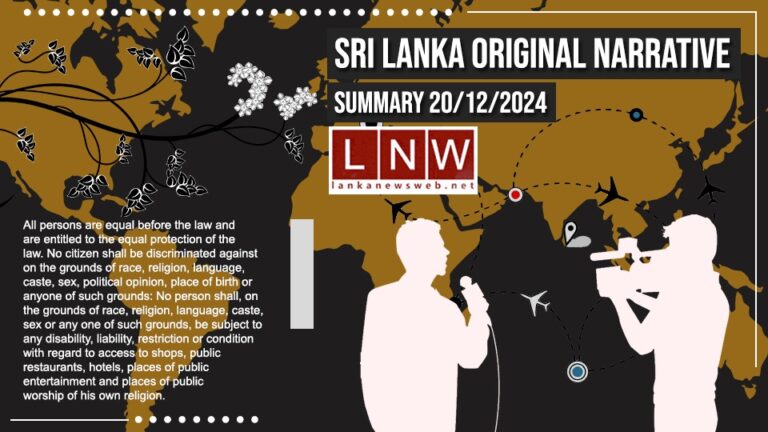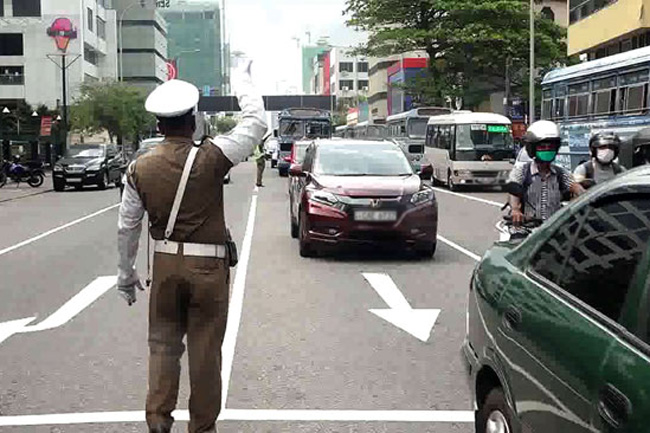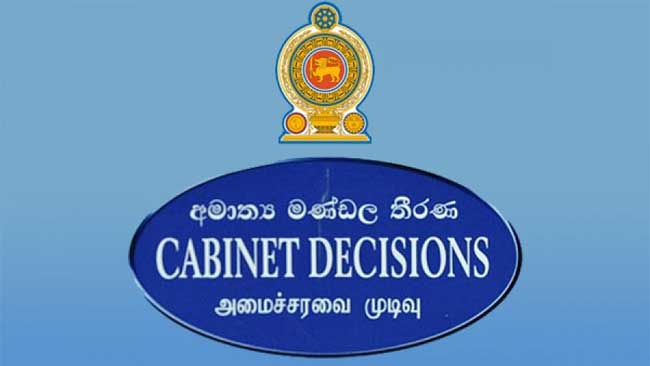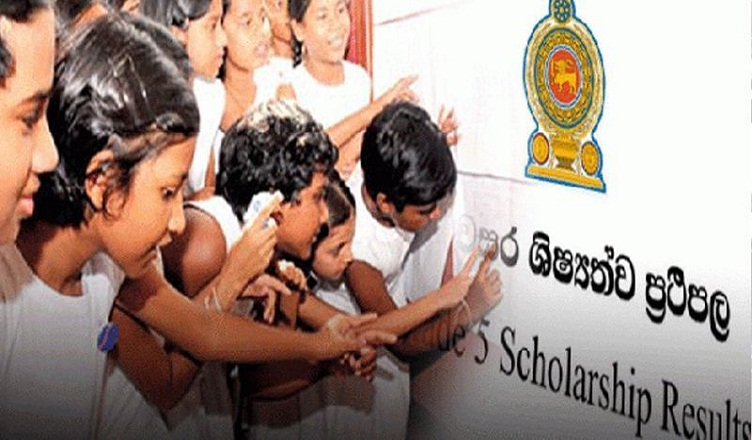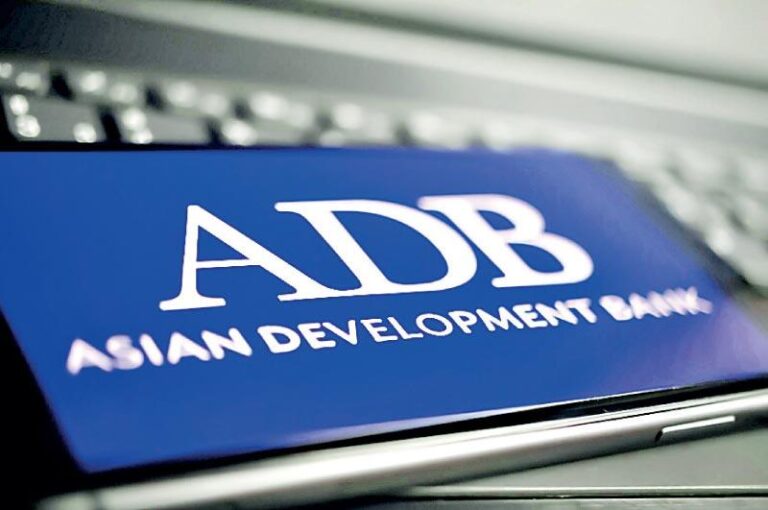Former President Ranil Wickremesinghe, in a statement issued today (19), stressed the importance of maintaining Sri Lanka’s commitment to the International Monetary Fund (IMF) agreement, warning that any deviation could lead to renewed economic turmoil.
Highlighting the critical role of the IMF program in stabilizing the country’s economy, Wickremesinghe emphasized that neither the government nor the opposition has the leeway to exit the agreement. “If we do so, economic problems will arise in this country again,” he cautioned.
He revealed that Sri Lanka is on the verge of issuing new international bond coupons before December 20, marking a significant step in the country’s recovery process. “All related activities are now completed. What remains is a declaration that we have emerged from bankruptcy, which will pave the way for banks to implement necessary relief measures,” he noted.
Addressing the need for economic relief, Wickremesinghe acknowledged the incremental increase of the income tax payment threshold from Rs. 100,000 to Rs. 150,000, while indicating that his efforts to raise it further to Rs. 200,000 were not approved by the IMF. “We should act accordingly and provide more relief after the economy becomes stronger,” he said.
The former President urged the government and opposition to align their economic criticism within the IMF framework, emphasizing that constructive criticism is essential but must not undermine the program’s progress.
“We must stick with this program through good times and bad,” he asserted. Wickremesinghe also urged the opposition to focus on pragmatic critique, reiterating that while their role is to question the government, their criticism should remain within the context of the IMF agreement to ensure economic stability.
The statement underscores the delicate balance Sri Lanka must maintain to sustain its economic recovery under the IMF program while addressing the pressing need for public relief measures.

